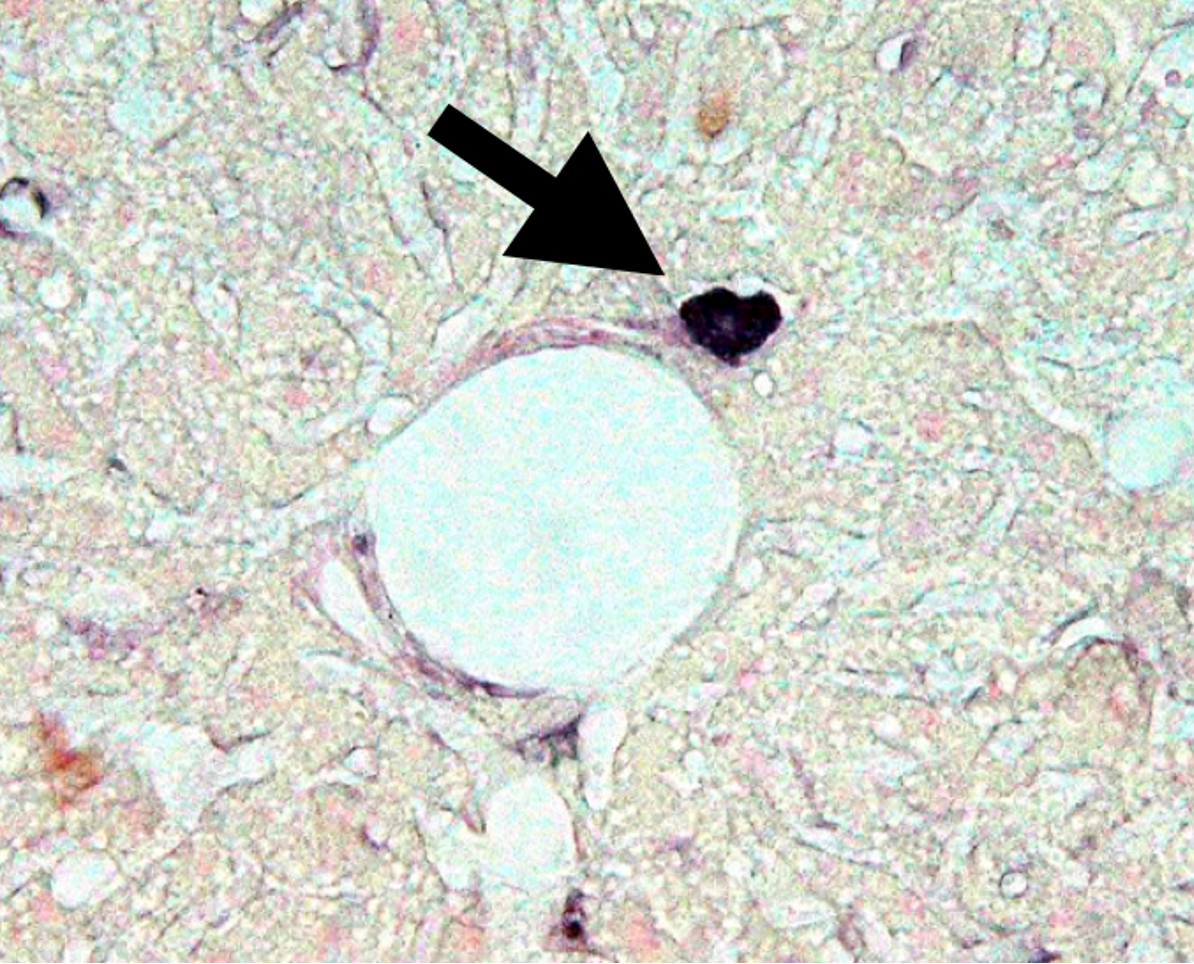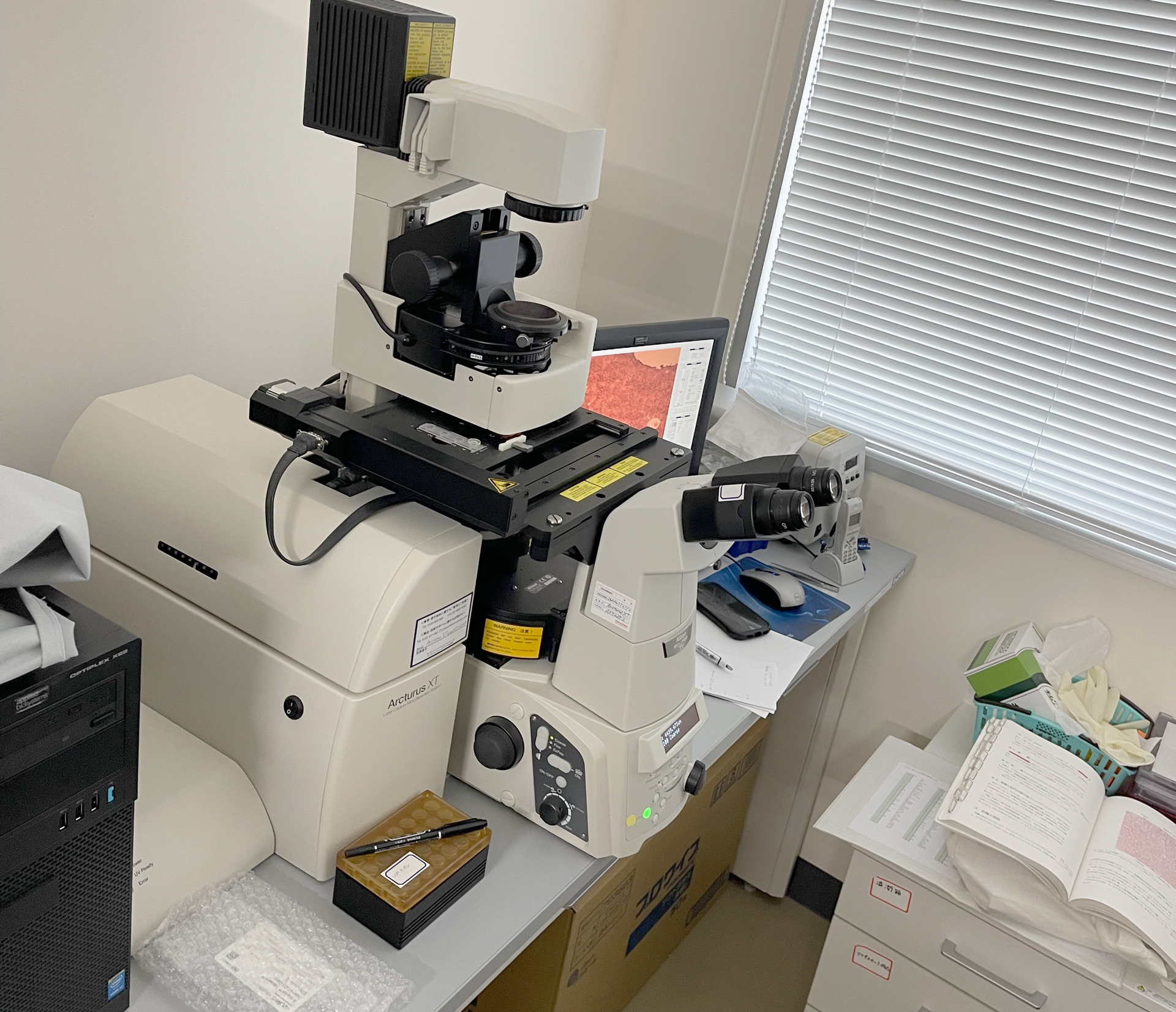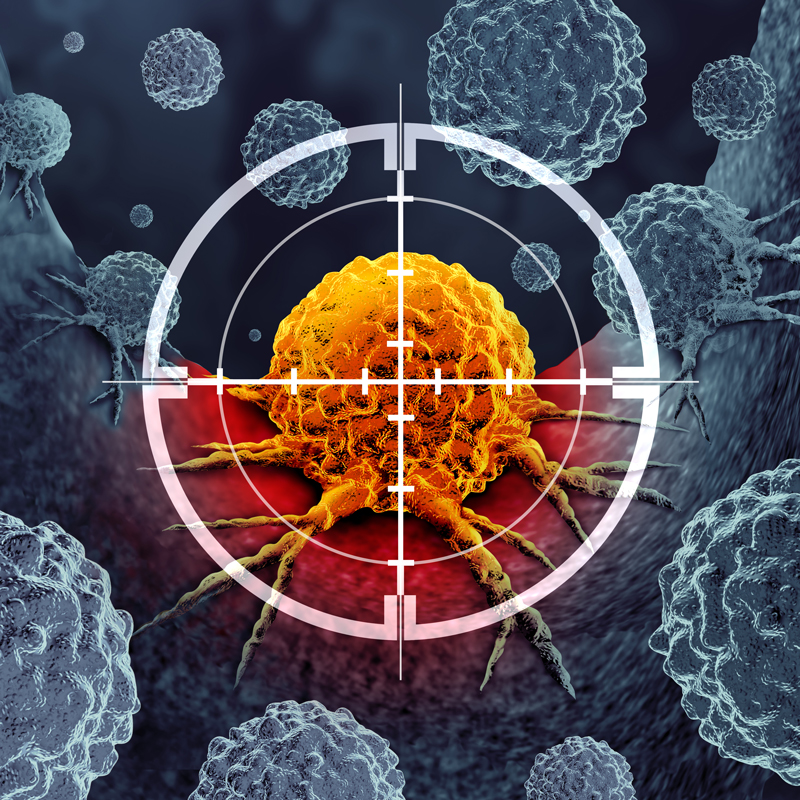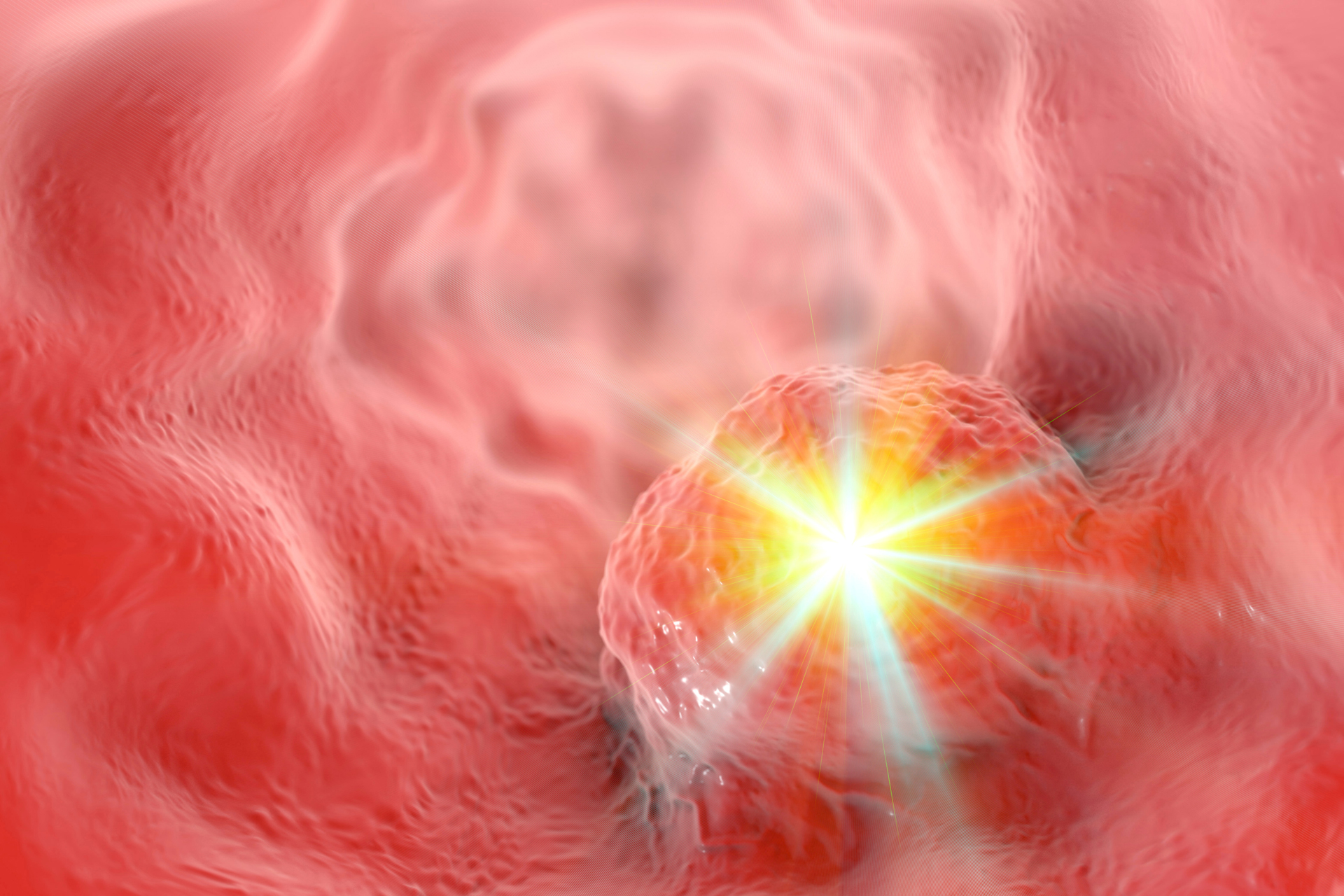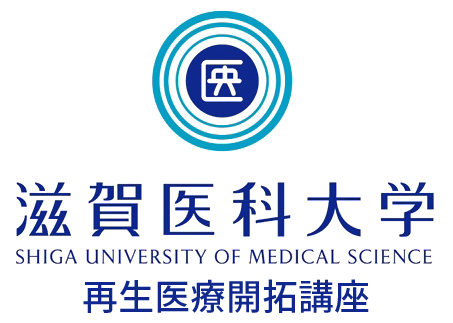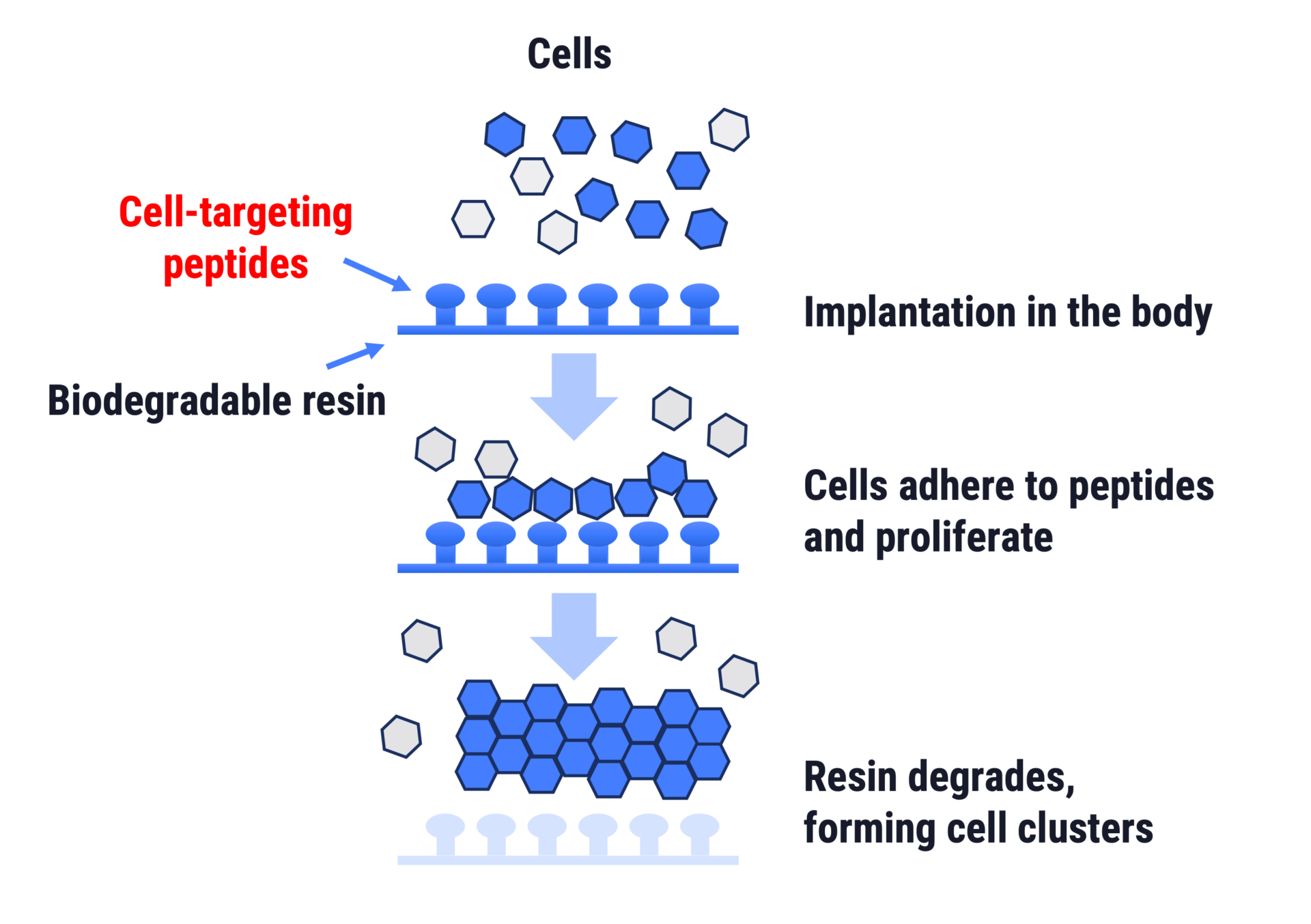
Tissue Regeneration Scaffolds
Traditional treatments for gangrene and refractory skin ulcers involve using pedicle flaps or free flaps to close the wound after debridement. However, this method makes it difficult to reconstruct the original tissue, leaving scars and tissue defects without true regeneration.
Aiming to develop scaffold materials that promote natural wound healing, considering quality of life (QOL), without the need for transplantation or suturing, just by placing them on the tissue. Focusing on restoring local blood flow and successfully reconstructing vascular niches, clinical applications in plastic surgery, dental and oral surgery, and dermatology are being considered.
From an embryological standpoint, creating bioink that expresses cell-targeting peptides on scaffold materials using a 3D bioprinter and attempting to design tissue-specific vascular structures. This approach promotes natural layered tissue regeneration and scarless wound healing, avoiding hypertrophic scars and keloids.
The goal is to create scaffolds at the cell processing center (CPC) of the Regenerative Medicine Department at Shiga University of Medical Science Hospital and conduct clinical trials in facilities with CPC environments.
Discovery and Research of Diabetes Stem Cells
Abnormal cells were found in hematopoietic stem cell fractions that cause diabetes, which do not disappear even when b/s levels are normalized, creating refractory characteristics.
Discovered that diabetes is a disease caused by abnormalities in hematopoietic stem cells and developed a method to cure diabetes by isolating and eliminating “Diabetes Stem Cells.”
Cell Targeting Technology (Biozipcode)
Aiming to develop cell-targeted drugs as a new drug delivery method for the next generation, beyond the current era of molecular-targeted drugs.
Developing a completely new diabetes and diabetes complication cure using Biozipcode that causes no side effects.
Using cell targeting technology with Biozipcode to develop side-effect-free anticancer drugs, providing treatments that minimize patient burden.
Aiming to develop scaffold materials that promote natural wound healing, adhering to tissues without the need for transplantation or suturing, and enhancing quality of life (QOL).
Are You Interested in Research at the Department of Regenerative Medicine?
Are You Interested in Research at the Department of Regenerative Medicine?
You can send a direct inquiry to the Department of Regenerative Medicine through the contact form.

